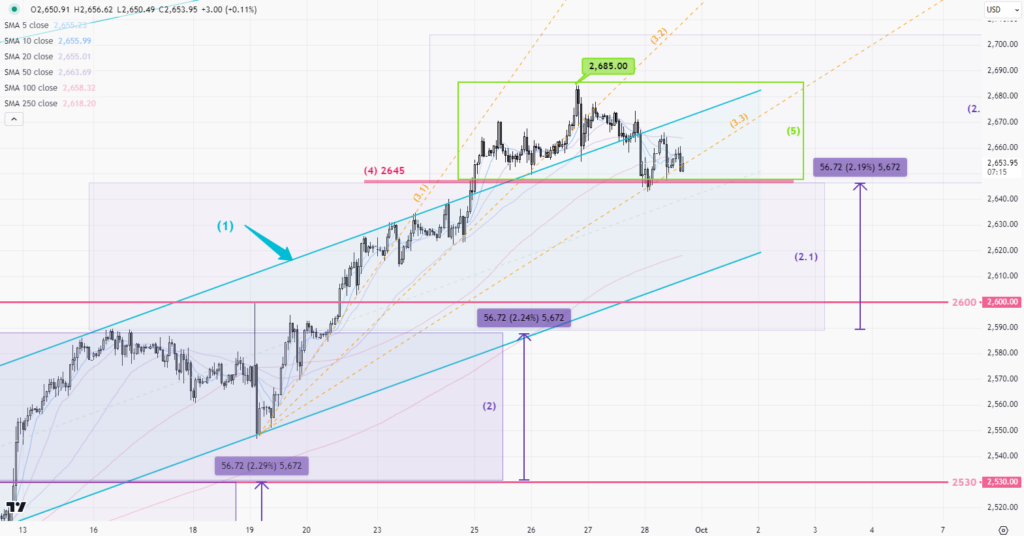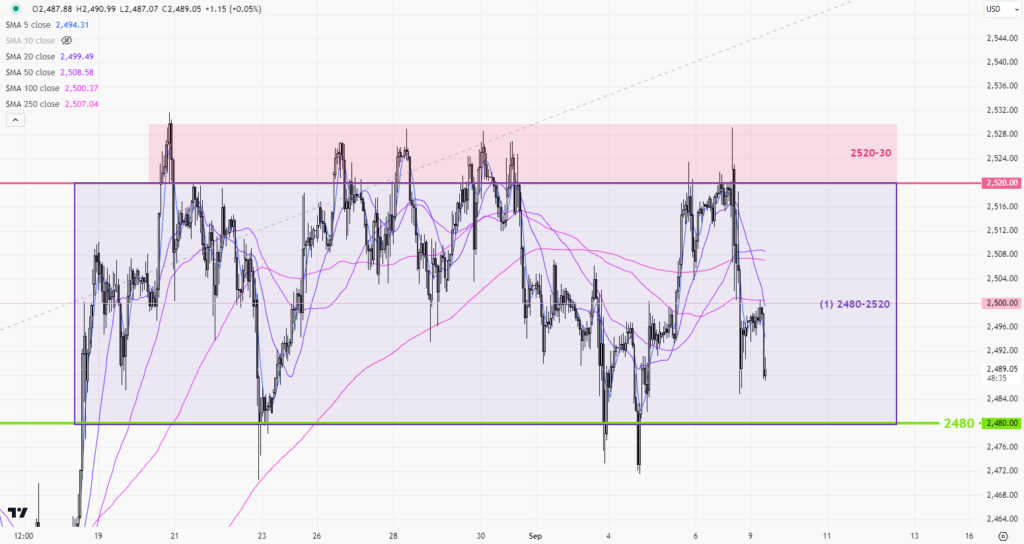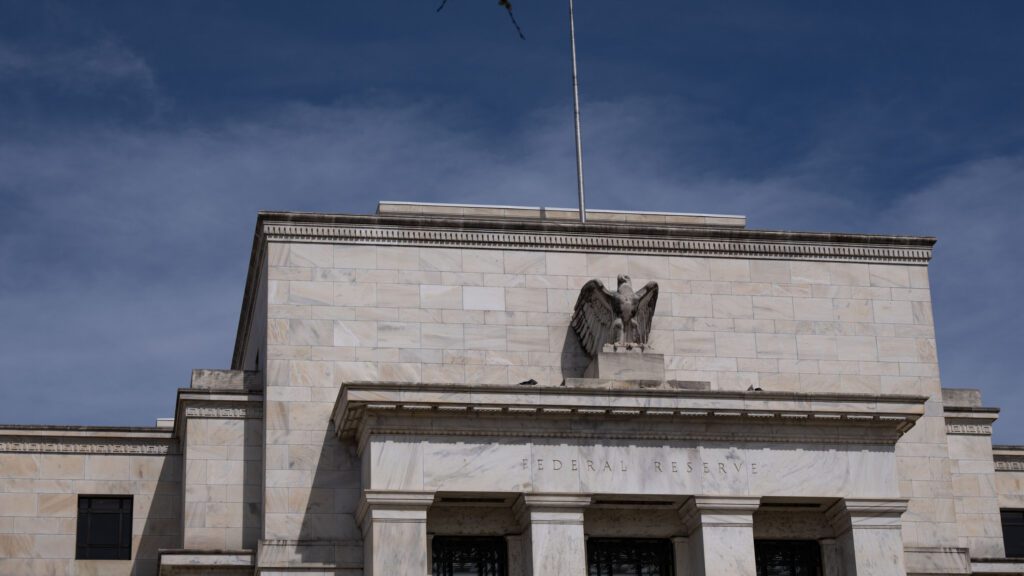 |
| Gold V.1.3.1 signal Telegram Channel (English) |

Do Government Shutdowns Really Impact the Stock Market? Historical Insights and Investor Strategies Explained
2025-10-05 @ 20:01
When news breaks about a possible government shutdown, many investors brace for turbulent times in the financial markets. Government shutdowns can make headlines, stir uncertainty, and create worries about the stability of the U.S. economy. But what is the actual historical impact of these shutdowns on the stock market, and what should investors realistically expect?
Understanding Government Shutdowns
A government shutdown occurs when Congress fails to pass the necessary funding bills, causing many federal agencies to suspend non-essential operations. While this disrupts several government services and can delay paychecks for federal workers, much of the essential government machinery continues to operate. Crucially, agencies responsible for market infrastructure—like the Federal Reserve and the Securities and Exchange Commission—remain operational.
Shutdowns and Stock Market Performance
Contrary to common fears, history shows that stock markets tend to weather government shutdowns with surprising resilience. Over the past several decades, multiple government shutdowns have occurred in the United States. Despite the political drama and temporary slowdown in some federal services, the broader market impact has typically been muted and short-lived.
For instance, during previous shutdowns, the S&P 500 often experienced only modest declines—if any at all. In many cases, the market either held steady or quickly rebounded after the government resumed regular operations. This pattern suggests that investors tend to look past the political noise, focusing instead on fundamental economic factors and longer-term trends.
Factors Behind Market Resilience
There are several reasons why government shutdowns tend to have limited effects on stock prices:
- Shutdowns are usually brief. Most last only a few days to a couple of weeks, meaning the economic disruption is temporary.
- Essential economic data is delayed but not lost. Investors may receive government reports late, creating some short-term uncertainty, but the underlying economic trends remain unchanged.
-
Shutdowns don’t change the fundamentals. Corporate profits, broader economic growth, and monetary policy tend to matter more to long-term investors than short-term political gridlock.
-
Markets anticipate resolutions. Investors recognize that shutdowns are typically resolved by a last-minute agreement or compromise.
What to Watch During a Shutdown
While shutdowns rarely cause lasting damage to the markets, some sectors can feel more pressure than others. For example, companies that rely heavily on government contracts, such as defense or aerospace firms, may see more volatility. Consumers and small businesses who depend directly on government payments or permits could also encounter disruptions, which may affect select stocks.
Another factor is that government shutdowns often delay the release of important economic data, such as employment, GDP, and inflation figures. This creates temporary blind spots for investors and policymakers but does not usually alter the broader market trajectory.
Lessons for Investors
Past experience offers several key lessons for investors facing the prospect of a government shutdown:
- Stay focused on the big picture. Stock markets are influenced more by corporate earnings, global economic conditions, and central bank policies than by short-term political disruptions.
-
Temporary volatility is normal. Short swings in the market during periods of political uncertainty are not uncommon, but they rarely alter the longer-term trend.
-
Avoid emotional trading. Making investment decisions based on headlines or political speculation can lead to missed opportunities or unnecessary losses.
-
Diversification helps. A well-diversified portfolio is better positioned to ride out uncertainty and minimize the impact of temporary market shocks.
What Could Be Different This Time?
While history is a useful guide, every shutdown is unique. If a shutdown drags on unusually long, affects critical services, or coincides with other economic risks, the market impact could be more pronounced. Additionally, if government data is significantly delayed, it could complicate the work of both investors and policymakers trying to assess the health of the economy.
This is especially true if a shutdown were to occur at a time of elevated market volatility, or if investor sentiment was already fragile due to other concerns, such as inflation, interest rates, or global conflicts.
Final Thoughts
Government shutdowns make for dramatic news, but they have rarely been major catalysts for stock market downturns. While they can create pockets of turbulence and momentary uncertainty, markets usually look beyond the short-term noise. Investors who stick to sound strategies, avoid panic selling, and focus on long-term goals are often rewarded for their patience and discipline—regardless of political headlines.






